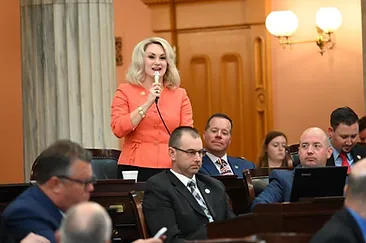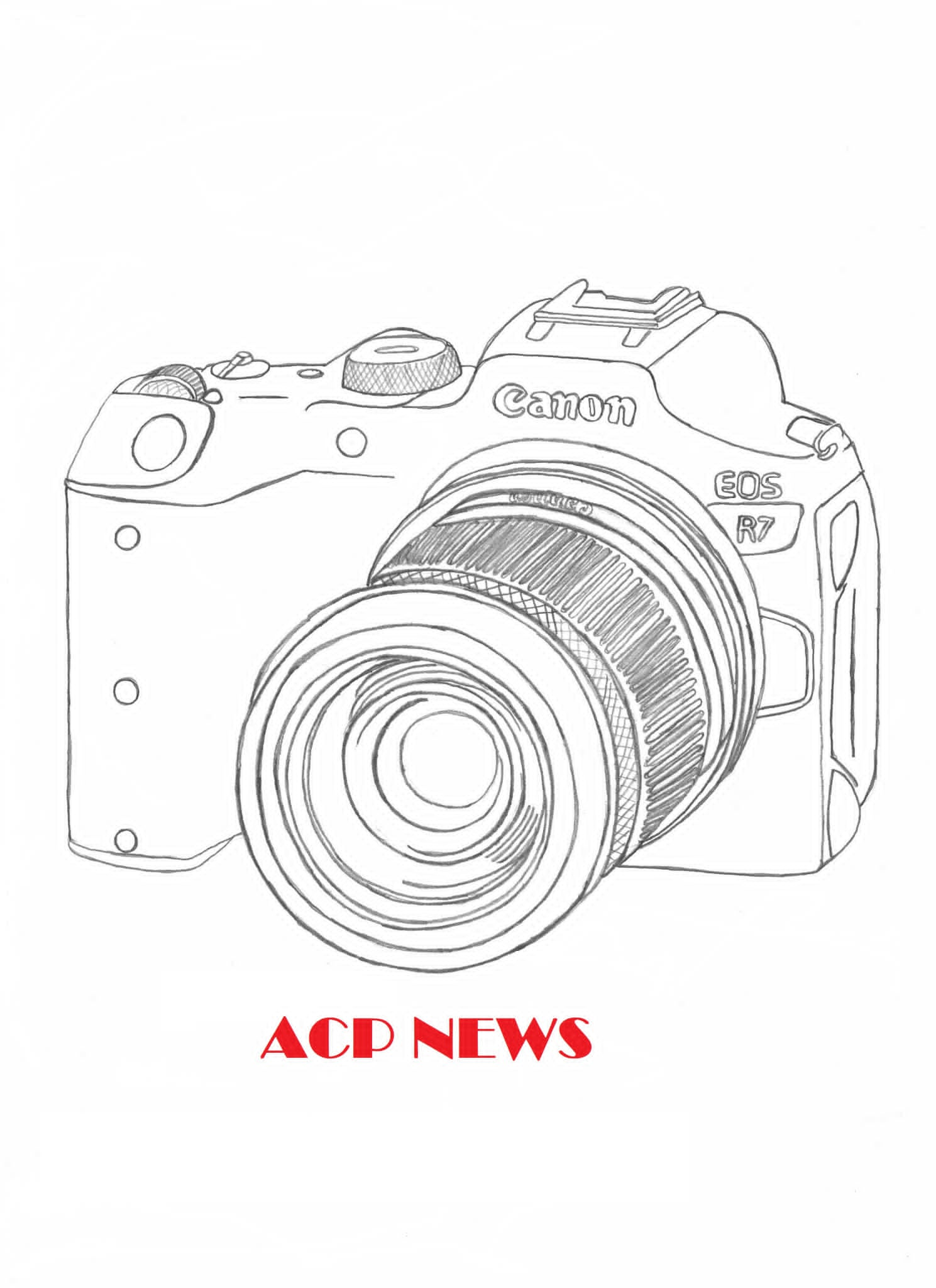 COLUMBUS –The Ohio House of Representatives passed House Bill 158, joint sponsored by State Reps. Bill Roemer (R-Richfield) and Melanie Miller (R- City of Ashland). The legislation, which received overwhelming bipartisan support, updates Cosmetology and Barber Board statutes.
COLUMBUS –The Ohio House of Representatives passed House Bill 158, joint sponsored by State Reps. Bill Roemer (R-Richfield) and Melanie Miller (R- City of Ashland). The legislation, which received overwhelming bipartisan support, updates Cosmetology and Barber Board statutes.
“This legislation will better serve aspiring cosmetologists and barbers who have experienced unnecessary burdens,” said Roemer. “House Bill 158 makes it easier for schools who teach cosmetology and barbering, students who want to start their licensure through career technical education programs, and out-of-state applicants seeking their licenses.”
The Cosmetology and Barber Board was consolidated from two separate boards in 2017, but the joint sponsors believe the law is not adequately adjusted to account for this merger.
“This legislation successfully modernizes the statutes authorizing the Cosmetology and Barber Board due to their consolidation years ago, which is why this is so important,” Miller said. “I am confident that these and other changes that update our code will serve to encourage the barber and cosmetology industry to grow and thrive here in Ohio.”
Key provisions of the bill include:
· Creating a unified barbering/cosmetology school license, to eliminate duplicative applications for facilities that teach both cosmetology and barbering.
· Enhancing license reciprocity from other states.
· Reducing fines for disciplinary actions.
· Establishing temporary pre-examination work permits for barbers.
· Lowering the age to apply for a barber license or to start barbering school to 16 years of age
· Eliminating a requirement that a barber student complete 200 additional hours of training before re-taking the licensing exam.
· Preventing the board from charging interest or penalty fees for unpaid fines.
· Creating an independent contractor license, eliminating “shop within a shop” licenses
· Creating a process to designate a license as “inactive.”
· Allowing the board to independently set the passing score for the barber exam, rather than keeping it in statute.
The legislation does not change the current training hour requirements for initial licensure.
House Bill 158 now heads to the Ohio Senate for further consideration.










